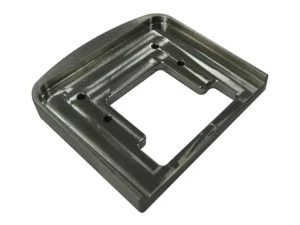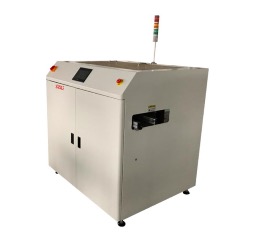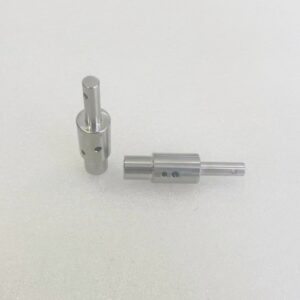The CNC milling process has become a crucial part of modern manufacturing, enabling precision and efficiency in creating complex parts and components. CNC, which stands for Computer Numerical Control, is a process that uses computer software to control the movement of tools on a machine, allowing for high-precision manufacturing.

Table of Contents
ToggleHow Does CNC Milling Work?
In the CNC milling process, the material is placed on a rotating spindle, while a cutting tool moves along multiple axes to remove material. The machine’s movements are pre-programmed based on the required design, ensuring that every part produced meets precise specifications. This technology makes it possible to create parts with very complex shapes that would be difficult, if not impossible, to achieve using manual methods.
High Precision and Accuracy
One of the main advantages of the CNC milling process is its high level of precision. This process can produce components with tolerances as tight as 0.005mm, making it ideal for industries such as aerospace, automotive, and medical device manufacturing, where accuracy is critical. CNC machines can also execute multiple processes, such as drilling, cutting, and threading, all within a single operation.
Versatility Across Materials and Applications
Another significant benefit of CNC milling is its versatility. The process can be used to machine a wide range of materials, including metals, plastics, and composites. Whether you’re producing small batches or large quantities, the CNC milling process ensures consistent results every time, increasing both efficiency and quality. This makes it highly adaptable to various industries, allowing manufacturers to tackle different projects with ease.
Reduction of Human Error and Increased Efficiency
Additionally, CNC milling reduces the risk of human error. With automated programming, operators can rely on the machine to complete tasks with minimal supervision, resulting in faster production times, lower labor costs, and less room for mistakes. This enhances overall operational efficiency.
In conclusion, the CNC milling process is essential for manufacturers seeking high precision, versatility, and efficiency. By utilizing this technology, industries can achieve superior-quality products while optimizing production workflows, reducing time to market, and improving competitiveness.
0




